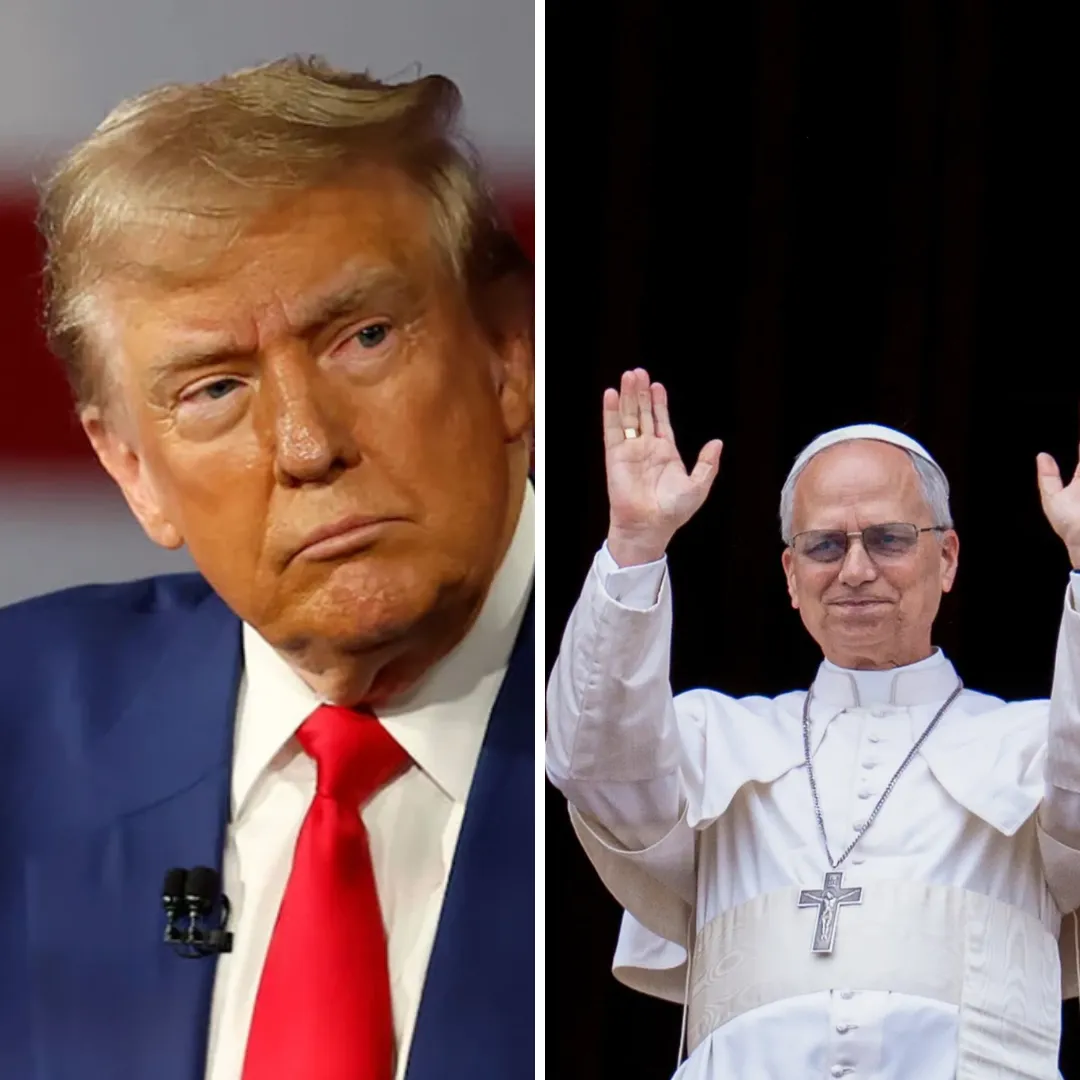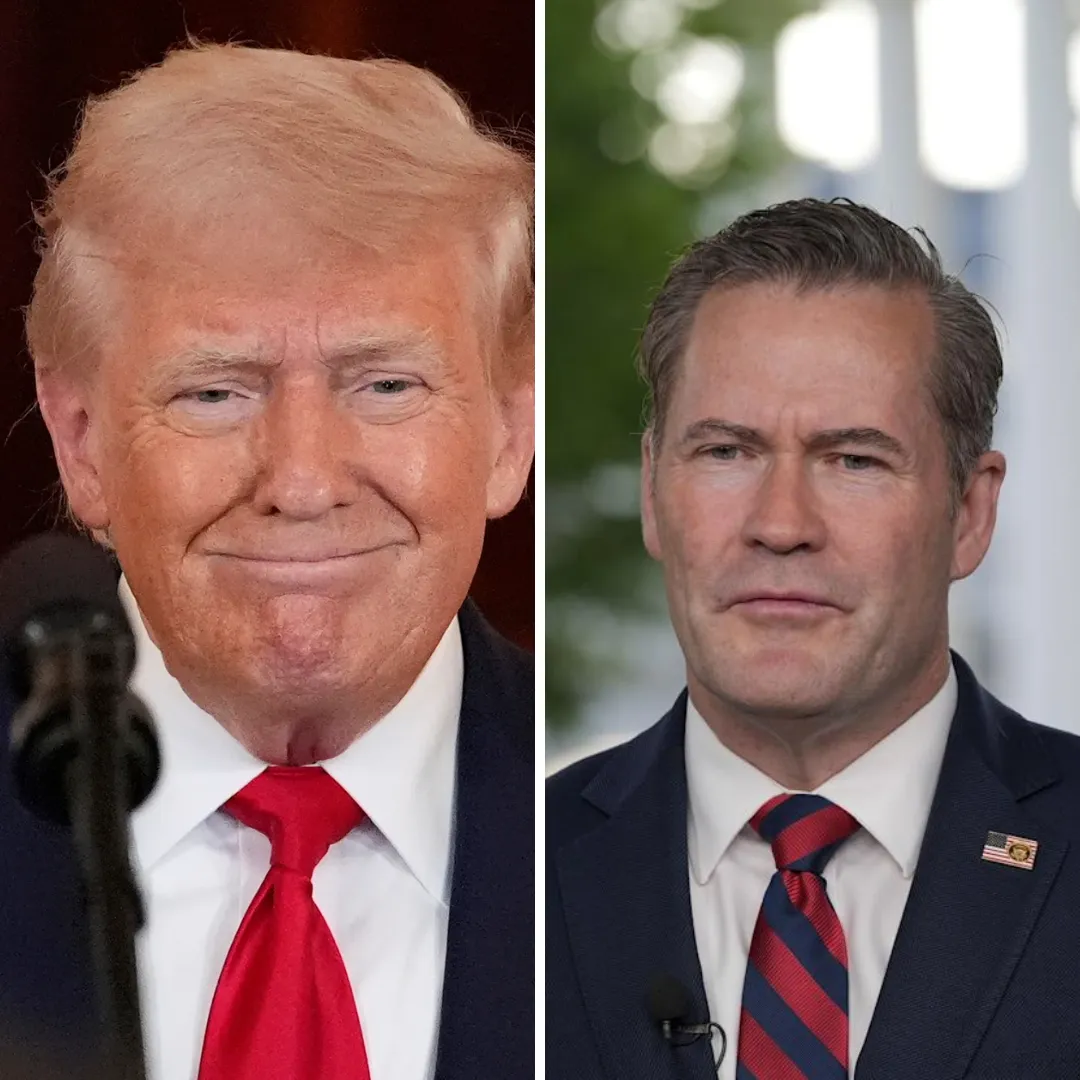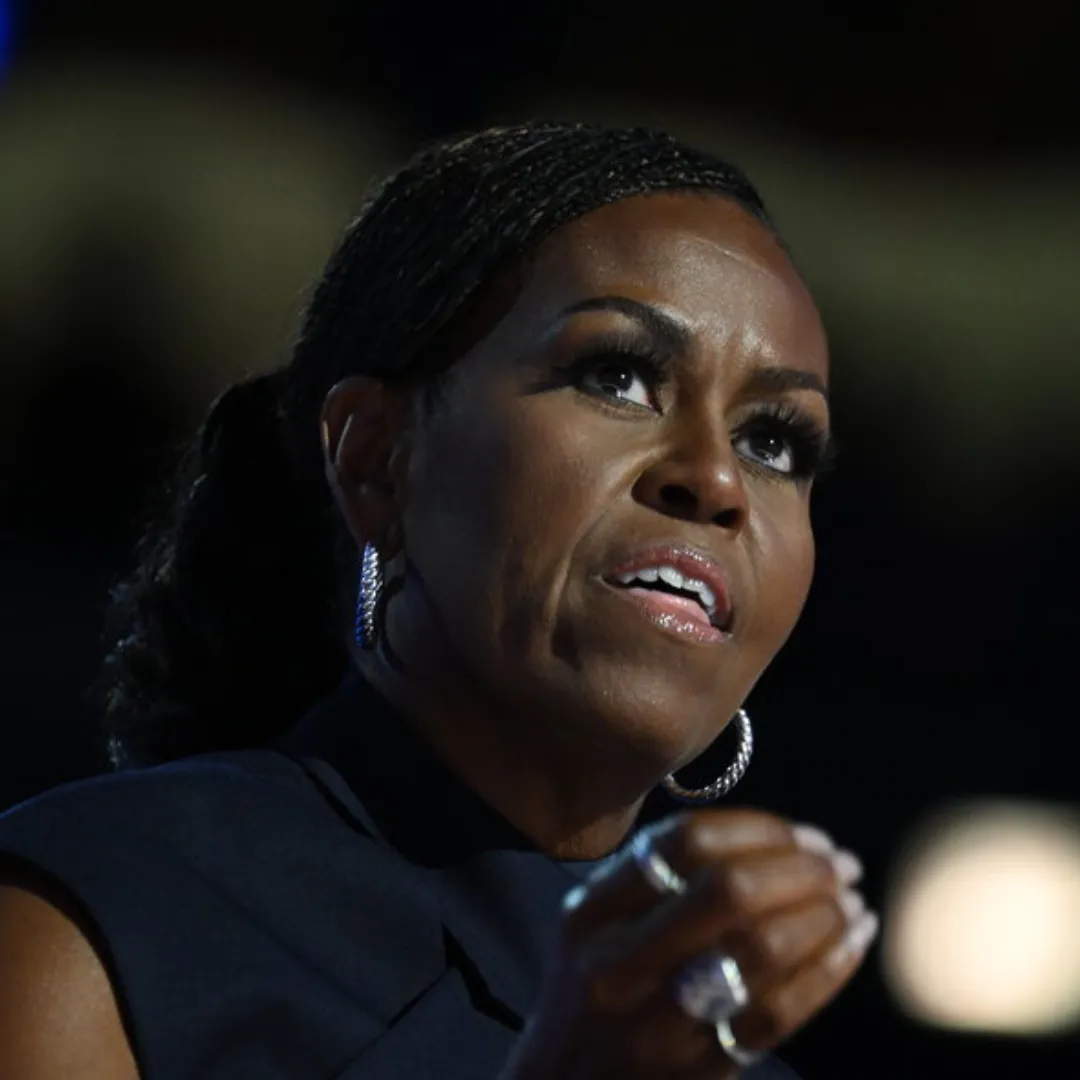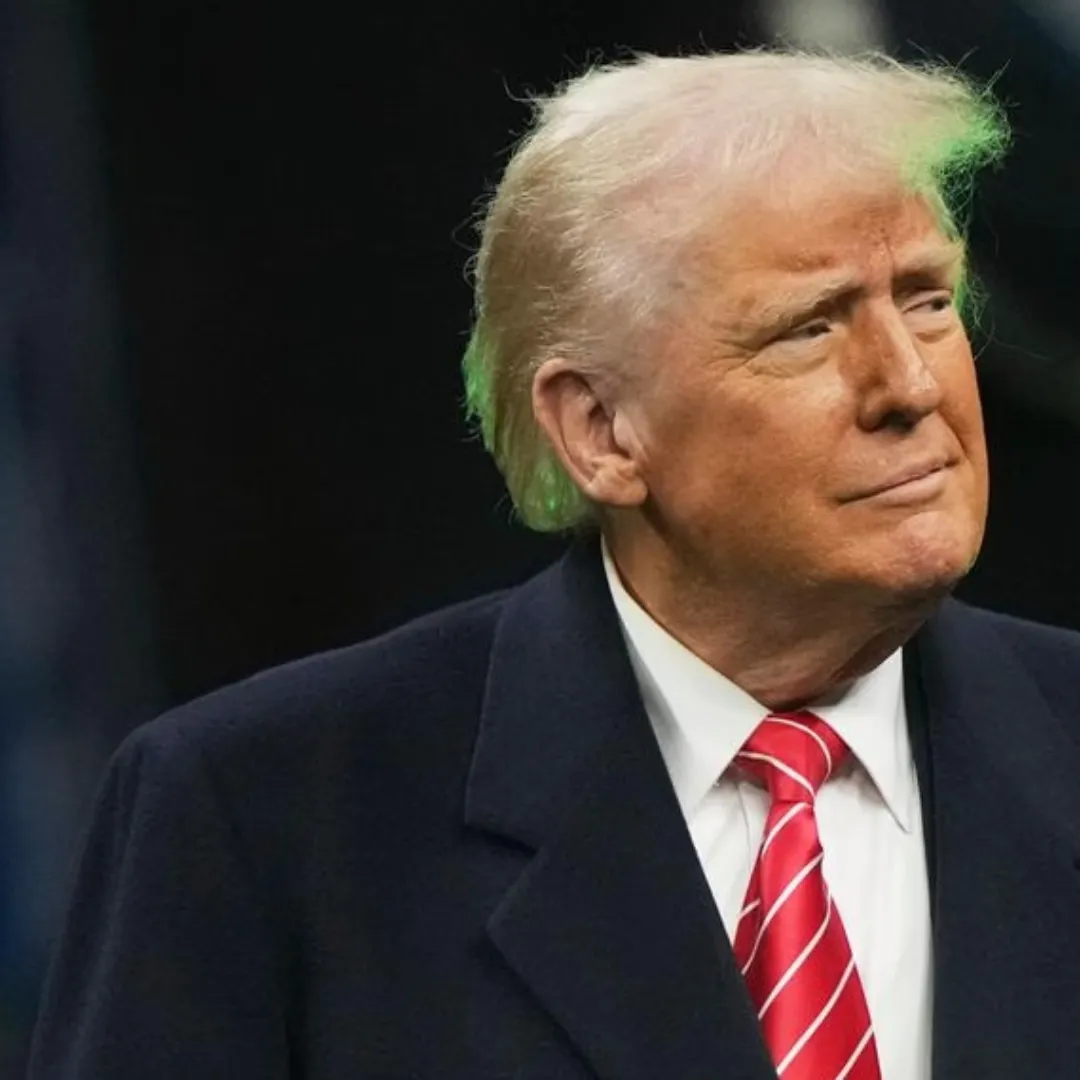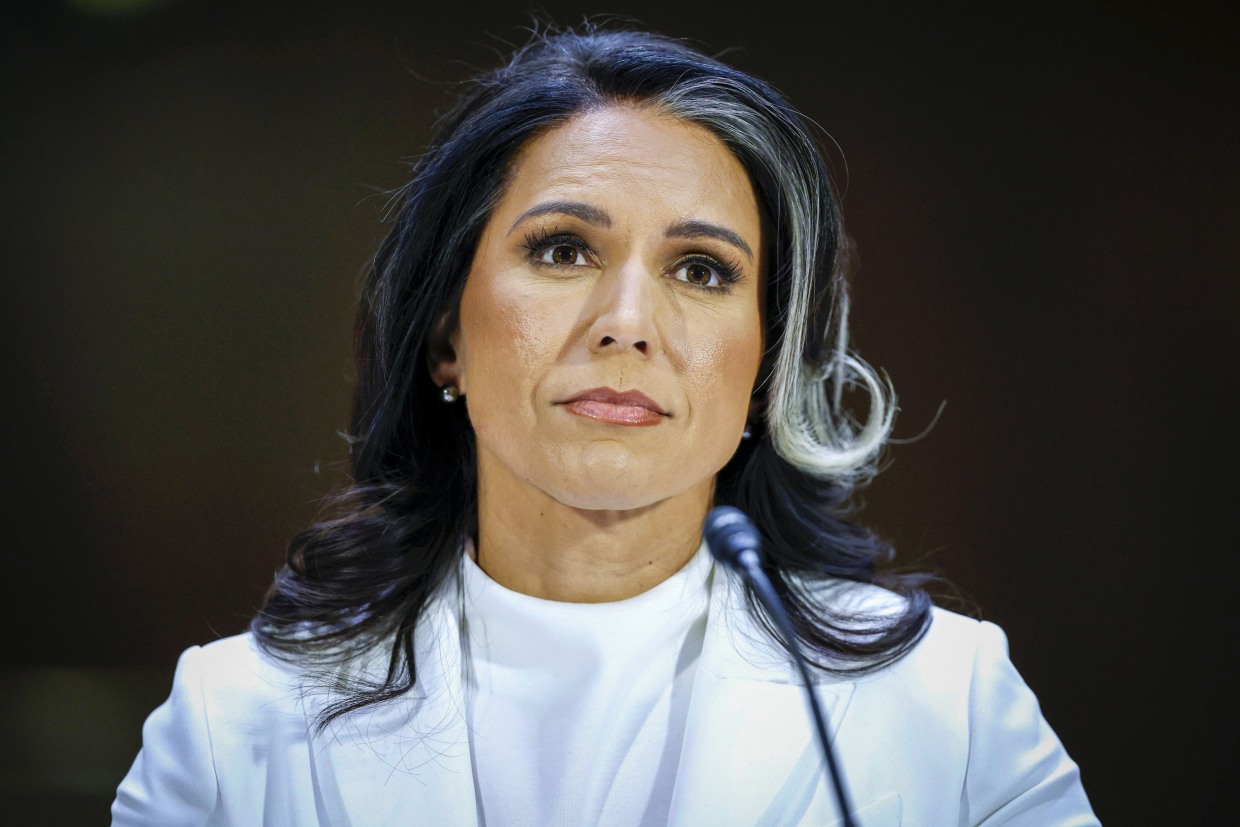
Tulsi Gabbard, the former Congresswoman and Director of National Intelligence, defended the Trump administration’s use of the encrypted messaging app Signal amid the growing "Signalgate" controversy, which has raised serious concerns about the handling of sensitive information.
In a recent interview, Gabbard not only stood by the use of Signal within the Trump administration but also took aim at Biden-era officials for engaging in the same practices. Her remarks have ignited a political debate over security, transparency, and the role of government officials in managing sensitive communications.
"Limited use of end-to-end encrypted apps like Signal is not only authorized under this administration, it was used prolifically under the Biden administration as well," Gabbard stated during a Fox & Friends appearance, underscoring her belief that such communication tools are crucial for maintaining secure channels for government conversations.
She went on to argue that Signal remains "the most secure form of communication" when used appropriately and not for conveying classified material, a point she insisted is often overlooked by critics of the administration’s practices.
Gabbard’s comments come in the wake of a scandal that erupted following the accidental inclusion of The Atlantic editor-in-chief, Jeffrey Goldberg, in a Signal group chat involving top Trump administration officials. In the chat, which included Vice President JD Vance, Defense Secretary Pete Hegseth, Secretary of State Marco Rubio, and Gabbard herself, officials discussed highly sensitive details of imminent military strikes in Yemen.
The leak raised significant questions about the security of government communications and the responsibilities of high-ranking officials when using private messaging platforms.
The controversy deepened as further revelations surfaced about Hegseth’s use of Signal. It was reported that Hegseth continued to share sensitive information about military plans through private Signal chats with his lawyer, brother, and wife.
In one instance, he reportedly bypassed Pentagon security protocols by installing the messaging platform on his office computer. These actions have led to growing calls for accountability within the administration, particularly for those who use unsecured channels to discuss national security matters.
In her defense, Gabbard argued that the use of encrypted apps like Signal was necessary for secure communications, especially when dealing with sensitive information that must be protected from external threats. "It’s just practical," she said.
"We have to be able to communicate, and that is the most secure way to communicate. Obviously, carefully, limited, but we have to have options." Gabbard’s defense of Signal highlights her perspective that in an era of heightened digital threats and espionage, government officials must rely on tools that ensure confidentiality and prevent unauthorized access to sensitive data.
Despite her defense of Signal, Gabbard also raised concerns about the media’s portrayal of the controversy, especially when it comes to the use of encrypted apps by Biden administration officials. She pointed out that similar practices were common in the previous administration, including those of high-level officials such as former National Security Adviser Jake Sullivan and Secretary of State Antony Blinken.
"I’ve been told by people who have first-hand experience that Biden administration officials like Jake Sullivan and Antony Blinken communicated prolifically and in great detail using the Signal app," Gabbard stated. Her argument is that if the media is going to criticize Trump officials for using the app, they should also be scrutinizing similar actions taken by Biden administration officials.
The media’s focus on these breaches has sparked further division, with some arguing that the attention given to these incidents is disproportionate. Gabbard herself has pointed out the hypocrisy in the media’s handling of these issues, claiming that it is more of a political attack than a genuine concern over national security.
“Which is interesting,” she remarked, “because the Democrats on the committee and the people who’ve been talking about this have never questioned or acknowledged that fact, even though we know that they know.”
The ongoing "Signalgate" scandal has made headlines for weeks, as reports of communication leaks and blunders involving encrypted messaging apps continue to surface. The initial revelation, which focused on the mishandling of military strike details in Yemen, has only intensified the scrutiny of government officials using private platforms to discuss classified matters.
Critics argue that the use of encrypted messaging services, while necessary for privacy, poses significant risks to national security if not properly managed, especially when such platforms are used by high-ranking government officials without adequate oversight.
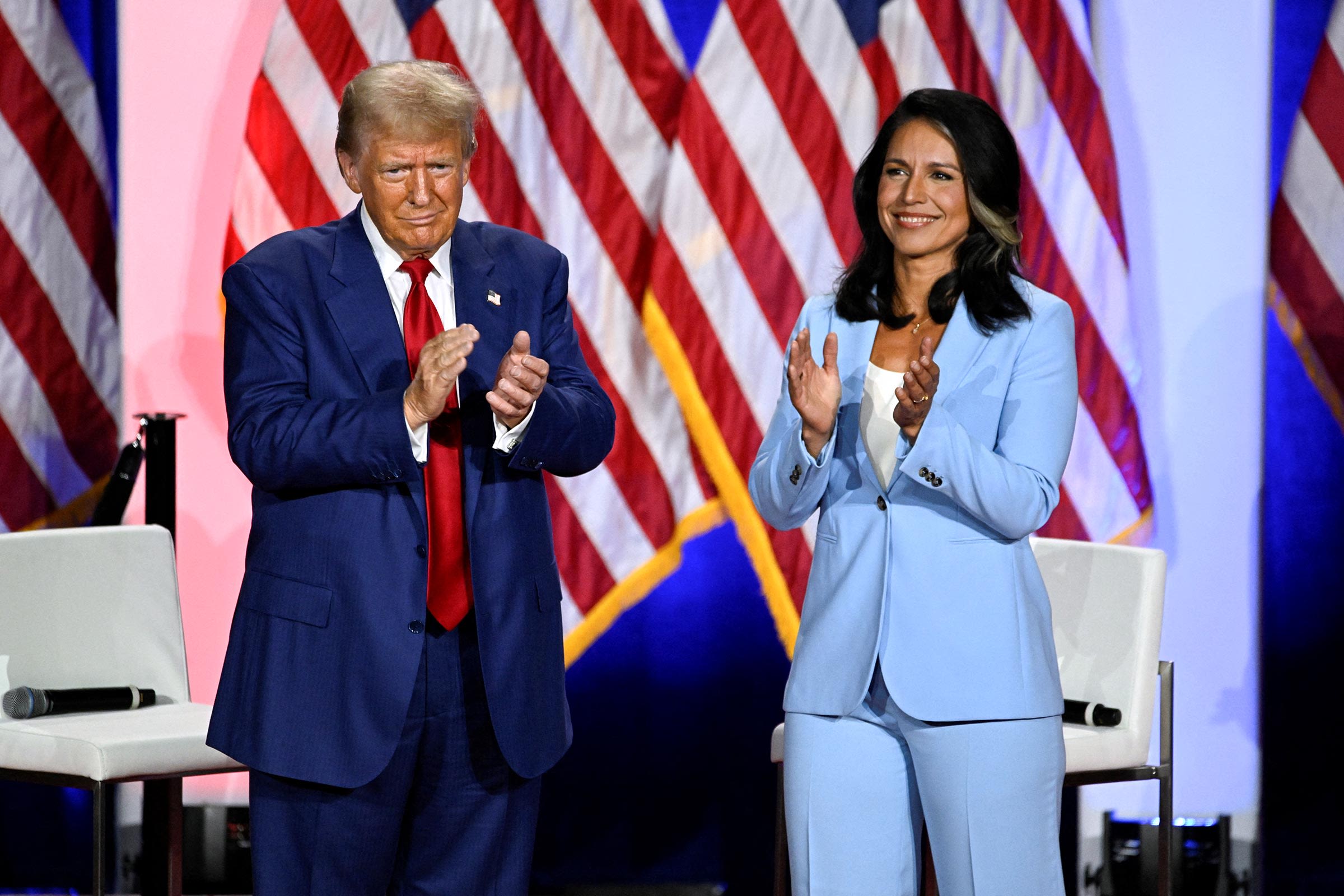
Trump’s critics have seized on this controversy to call for Hegseth’s resignation, claiming that his actions have compromised national security and undermined the integrity of the administration. In contrast, Trump and his allies have dismissed the concerns as a manufactured scandal, with the president himself labeling the media coverage as "fake news."
Trump has consistently defended his administration’s actions, even when faced with accusations of mishandling sensitive information, and has portrayed the media’s focus on the Signal controversy as a politically motivated distraction from more pressing issues.
Despite the criticisms and calls for accountability, Trump and his allies have doubled down on their defense of the use of Signal, arguing that it remains an essential tool for government communication in a digital age.
"They just bring up stories. I guess it sounds like disgruntled employees," Trump said during an interview. He dismissed the controversy as "fake news," claiming that the media was simply focusing on minor details to undermine his administration’s work.
The Signal controversy, however, is not just about one individual or one app. It raises broader questions about the use of encrypted communications within government agencies and the potential risks that such tools pose to national security.
As government officials increasingly rely on private messaging platforms to discuss sensitive matters, the line between securing information and jeopardizing it becomes increasingly difficult to draw. While platforms like Signal offer privacy and security, they also provide opportunities for leaks and breaches that can undermine the public’s trust in the integrity of government operations.
As the debate continues, Gabbard’s defense of the Trump administration’s use of Signal suggests that these issues will persist well into the future, particularly as concerns about digital privacy and national security grow more urgent.
The controversy has already had significant political implications, with both Trump and Biden’s administrations facing questions about how they manage sensitive information and what steps they are taking to prevent further breaches.
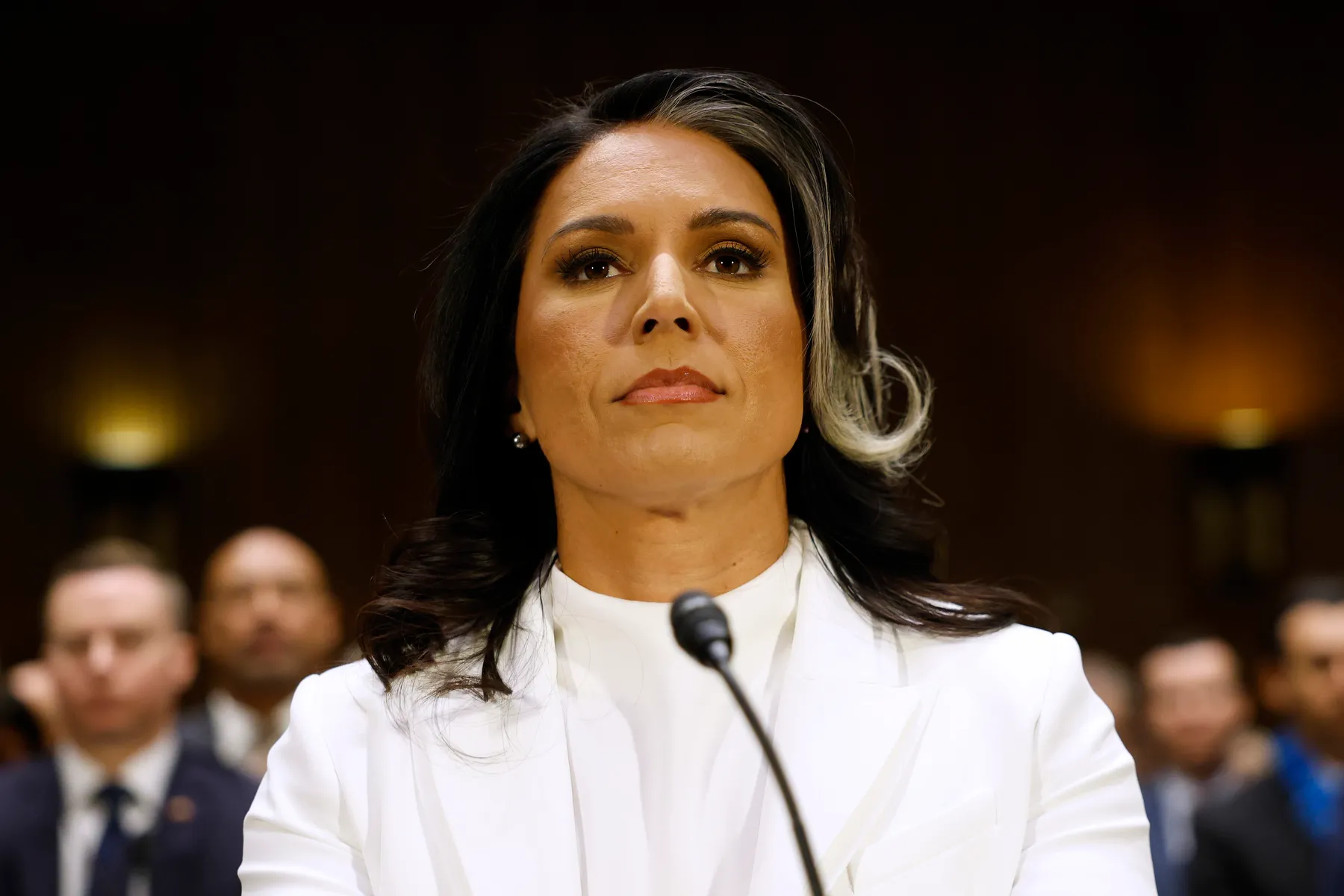
For now, the "Signalgate" scandal remains unresolved, and the fallout from these incidents continues to reverberate throughout the political landscape. The public’s perception of the Trump administration’s handling of sensitive communications will likely play a role in shaping future discussions about government transparency and accountability.
As Gabbard and other officials defend their use of encrypted messaging apps, the debate over how to balance privacy, security, and accountability in the digital age will only continue to intensify.
